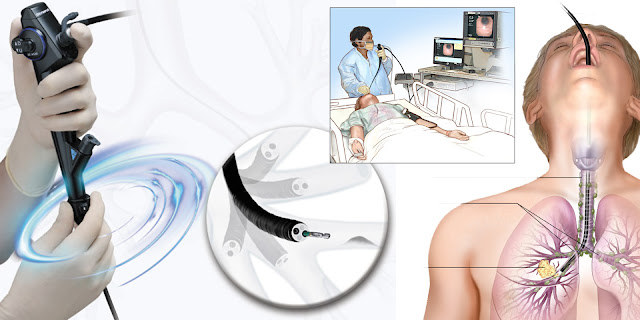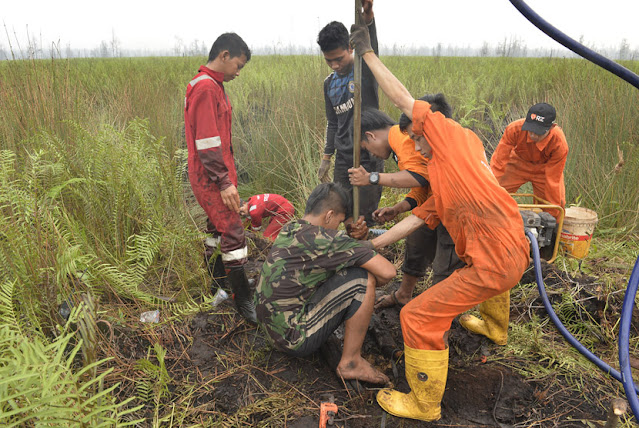Bronchoscopes; Used To See Inside The Lungs' Airways
 |
| Bronchoscopes |
Bronchoscopes are an apparatus utilized by physicians to study deeply inside the lungs. This analysis is generally performed to known the reasons behind the problems for breathing, such as asthma or a lung disorder, and often to analyze for lung tumor. The bronchoscope process include inoculating a small catheter equipment known as bronchoscope over the nose or mouth, from the windpipe and into the lungs. The physician may utilize a hard or malleable scope. Prior to the process, one will be given pain killer medications and probably numbing creams or sprays.
This will aid one to relax and feel convenient
while the Bronchoscopes
is inoculated into the lungs. While the bronchoscope is inoculated into the windpipe,
the physician will utilize a specific light source to exhibit one what's in the
individual’s lungs. The physician also might fix a catheter in the airway or utilize
ultrasound to view the lymph nodes and cells across the lungs. After the process,
one might suffer from sore throat and cough for some time.
This is as the mouth and throat are disoriented,
however it will generally wear off. Side effects related to Bronchoscopes are infrequent and generally
minor, though hemorrhage from the lungs can take place. If exploiting does occur,
it usually stops without therapy. Many days prior the bronchoscopy, one will require
preventing the consuming the aspirin or blood thinners and various medicines
that might interrelate with the anesthesia.
One should also prevent ibuprofen or other sedatives
that can inhibit with the anesthesia. The benefits of flexible Bronchoscopes comprise their inexpensiveness,
mobility and convenience of usage for patients. They are easy to learn and enable
imagining of the airways from a working channel for analytical lavage, liquid
aspiration, clearance emissions, and fixing of medicines and topical sedatives.
As per American Lung Association (ALA), around 34 million Americans suffer from
lung problems or disorders in U.S



Comments
Post a Comment